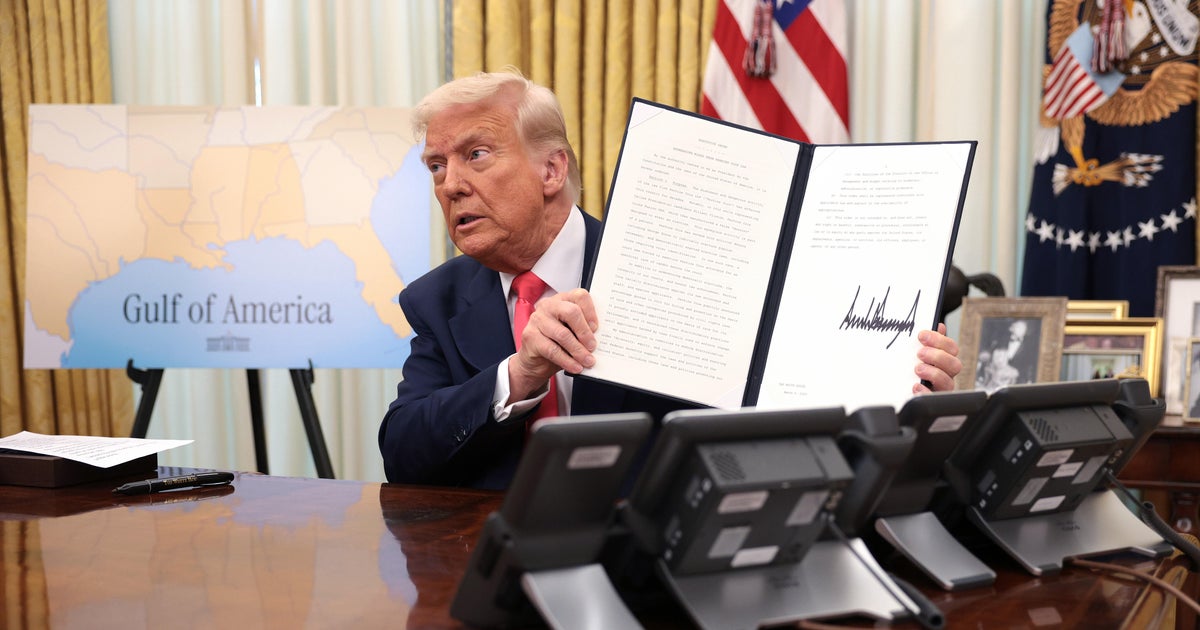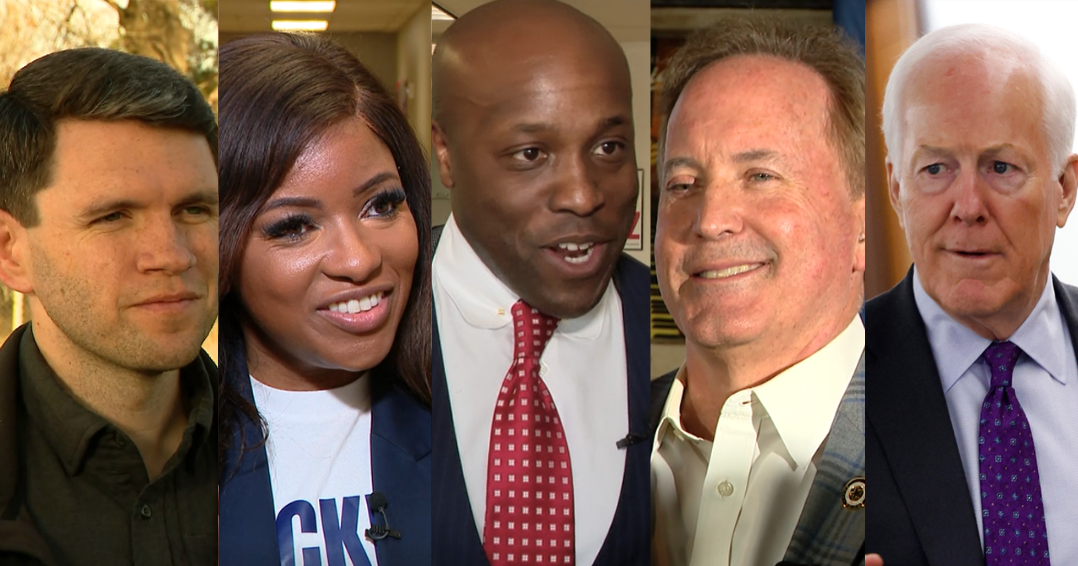Rod Rosenstein says he's "not in position" to make decision on special prosecutor yet
Longtime federal prosecutor Rod Rosenstein is facing questions about a federal investigation into Russian interference in the presidential election as he appears before Congress Tuesday for a confirmation hearing for the role of deputy attorney general.
Under questioning from Sen. Judiciary Chairman Chuck Grassley, Rosenstein told the committee that he has had no conversations with Attorney General Jeff Sessions about Russian contacts with the Trump campaign. On the specific question of whether he would appoint a special counsel, he said that he would evaluate the facts and the law and exercise his best judgment “about what I believe is the right course of action.”
Ranking member Sen. Dianne Feinstein told Rosenstein in the hearing that she wanted to see a special prosecutor appointed, arguing that it would be in the public interest. When she asked him whether he would appoint a special prosecutor, he responded that Obama Attorney General Loretta Lynch had been faced with a question on appointing a special prosecutor, and she rejected the request. She had confidence in the career attorneys at the Justice Department to look into the matter, he noted. Rosenstein also pointed out that the acting attorney general in the matter, Dana Boente. “He currently has full authority to appoint one,” and he has not.
Asked whether that could be taken as a “no,” Rosenstein said that he’s “simply not in a position to make that decision.” He also said, however, that he doesn’t presume that Lynch and Boente are correct in not appointing a special counsel. If he were to determine they’re wrong, “I would overrule them,” he told the panel.
The No. 2 person at the Justice Department handles day-to-day oversight of the department and its component law enforcement agencies.
Much of the questioning before the Senate Judiciary Committee is likely to focus on a commitment by Attorney General Jeff Sessions last week to recuse himself from any investigation involving the Trump campaign. The recusal followed revelations of two previously undisclosed contacts Sessions had last year with the Russian ambassador to the United States.
That would leave such a probe in the hands of Rosenstein, if he’s confirmed.
Some Democrats are threatening to block his nomination unless he turns the matter over to a special prosecutor.
“I will use every possible tool to block the nomination of Rod Rosenstein to be Deputy Attorney General unless he commits to appoint independent special prosecutor,” Sen. Richard Blumenthal, a Connecticut Democrat and Judiciary Committee member, said in a statement.
Grassley, an Iowa Republican, however, said in his opening statement that talk of a special counsel to investigate is “premature at best.” He also praised Rosenstein’s impartiality and professionalism. Earlier, Grassley had said in a statement that the flaw in appointing an independent counsel was that it was not the best way to ensure transparency since there is no mandatory public report at the end of the process unless charges are filed.
In his opening statement, Rosenstein assured the committee that “political affiliation is irrelevant” to his work. The nominee, who has served five presidents and nine attorneys general since 1990, summed up the job of the Justice Department attorneys in defending the Constitution as, “What can we do? What should we do? And how will we explain it?”
Rosenstein was appointed U.S. attorney for Maryland in the George W. Bush administration and served in the job for the entire Obama administration.
Rachel Brand, another former Justice Department attorney, also faces a confirmation hearing Tuesday for the job of associate attorney general, the No. 3 position.



